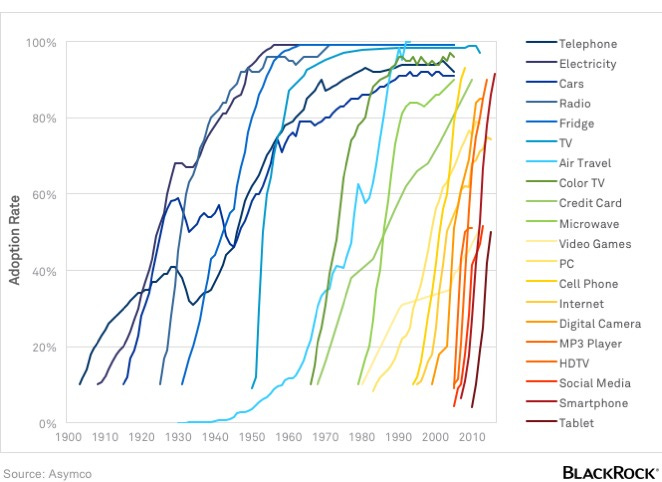Noted extreme right-wing arch-conservative Brendan O’Neill somehow seems to think that the full panoply of LGBT sexual identities are not appropriate for the pre-school set:
BDSM is not for four-year-olds. Apparently, that’s a controversial statement these days. Only a bigot would want to protect little kids from images of old blokes in fetish gear snogging the faces off each other in public. If you think under-fives should be reading books about hungry caterpillars or tigers coming for tea, not books featuring pictures of ageing men in dog collars and studded leather underwear, you’re a queerphobe and you need to pipe down.
Truly we have reached the seventh circle of woke lunacy. This week it was reported that a mum and dad in Hull in the north of England pulled their four-year-old daughter from a pre-school after she was shown a book called Grandad’s Pride which contains illustrations of “men who are partially naked in leather bondage gear”. The pre-school’s response? According to the mum and dad, it branded them “bigots”. Yes, who else but a hateful phobe would want to stop a toddler from seeing a tattooed, half-naked, grey-bearded homosexual kissing his boyfriend?
Grandad’s Pride is written by Harry Woodgate, an award-winning children’s author who uses they / them pronouns. Of course he does. Or of course they do. Whatever. It tells the story of a girl called Milly, who is playing in her gramps’ attic one day when she happens upon an old Pride flag. She asks what it is and grandad suggests they organise their own Pride march in the village. As you do. Then come the iffy illustrations: old men in fetish gear; a “trans man” (ie, woman) with mastectomy scars under her nipples; an activist in a spiked dog collar waving a placard that says: “Break the cis-tem”. And you thought Where the Wild Things Are was scary.
You don’t have to be a prude to think this is ridiculous bordering on sinister. My view is that consenting adults should do whatever they want. Wear chafing leather trousers, pierce your cock, whip your friends in dim-lit dungeons. It’s not my cup of tea, but knock yourselves out. But it’s not for kids! No four-year-old should be looking at illustrations of a mutilated woman who now identifies as a “man” or of pensioners in leather suspenders. And it doesn’t make you Mary Whitehouse to say so. When you read to little kids, you want them to ask questions like, “Can we have a tiger over for tea?”, not: “Why does that man have stitches on his chest?”
One of the most frustrating things for freedom-lovers like me is that when we raise questions about age-inappropriate woke crap in schools, we get lumped with the religious right or PC fanatics who previously waged war on classic texts like Judy Blume’s Are You There God? It’s Me, Margaret (too much talk about menstruation, apparently) and John Steinbeck’s Of Mice and Men (too many utterances of the n-word). Nonsense. Of course schoolkids should read Blume and Steinbeck. Teens in particular should be expected to engage with challenging texts, even ones that contain racial epithets or girls eagerly awaiting their first period. Schools should err on the side of being open with literature, though let’s hope they don’t start stocking American Psycho or The 120 Days of Sodom.








